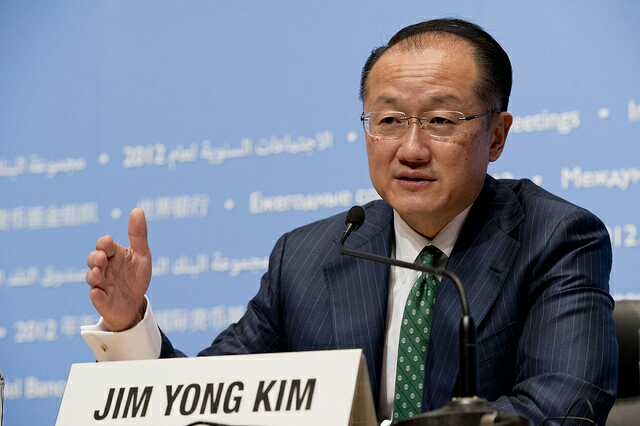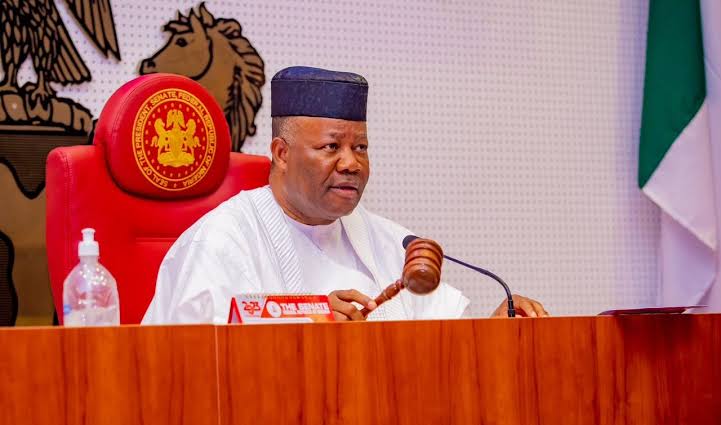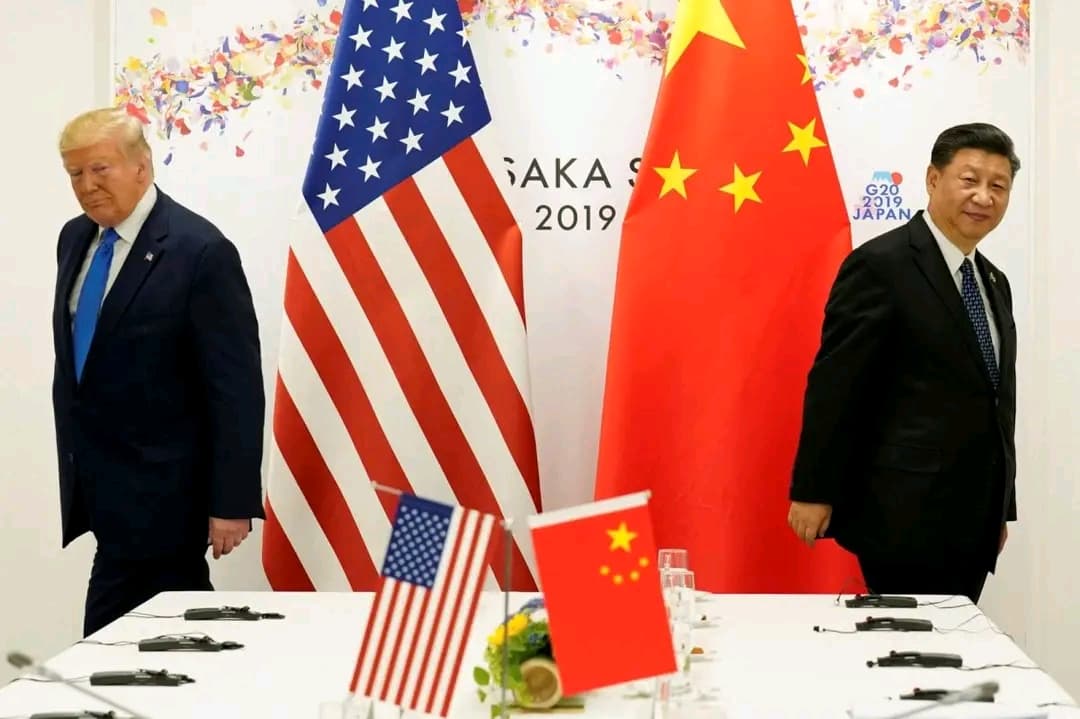Jim Yong Kim, then-president of the World Bank, and Kristalina Georgieva, then chief executive, who now heads IMF, took part in the scheme.
A probe launched by the World Bank in respect of anomalies in the data used in preparing its Doing Business 2018 and Doing Business 2020 reports has revealed how senior staff of the lender manipulated data to favour China and Saudi Arabia and lower the ranking of Azerbaijan.
Findings by an independent investigator issued on Thursday showed Kristalina Georgieva, the then chief executive of the Washington-based multilateral lender who now heads the International Monetary Fund (IMF), heaped “undue pressure” on employees to boost China’s position on the Doing Business 2018 ranking.
Jim Yong Kim, then-president of the World Bank, also took part in the scheme, investigators found.
The World Bank’s ethics panel late August engaged a law firm WilmerHale to conduct an investigation into an alleged manipulation of the underlying data used for drafting the two contentious reports.
That has led the bank to discontinue the report, which ranked 190 economies based on ease of conducting business in them across parameters like investment laws, property rights, trading regulations and credit availability.
A 16-page report by the external investigator seen by PREMIUM TIMES spotlighted China and Saudi’s influence at the World Bank and Ms Georgieva’s judgement and that of Jim Yong Kim, then-president of the World Bank as a major cause of concern.
“In the month leading up to the publication of the report, outreach from senior Chinese officials to Bank leaders over the country’s ranking in Doing Business intensified. For example, President Kim discussed the report and China’s performance with a senior Chinese government official on September 12; the then-Executive Director (“ED”) for China met with members of the Bank’s East Asia & Pacific (“EAP”) Regional Office on September 14 to inform them that if China’s ranking improved “everyone” w[ould] be relieved” (and he made a personal plea to this effect to President Kim privately),” the document said.
“…on October 14, the same Chinese government official had dinner with CEO Georgieva, during which he emphasized CEO Georgieva’s role as “the responsible person” at the Bank to “ensure” that China’s reforms were acknowledged in the report.”
Meanwhile, the IMF chief said in a Thursday statement that she disagreed with the outcome of the inquiry, adding she had informed her organisation’s executive board.
“I disagree fundamentally with the findings and interpretations of the Investigation of Data Irregularities as it relates to my role in the World Bank’s Doing Business report of 2018. I have already had an initial briefing with the IMF’s Executive Board on this matter.”
WilmerHale noted “direct and indirect pressure” from senior employees in Mr Kim’s office to manipulate the procedure of the report to strengthen China’s score on the ranking, stating it possibly happened at Kim’s behest.
The investigator’s report said Georgieva and Simeon Djankov, a senior staff at the bank, had mounted pressure on staff to “make specific changes to China’s data points” and shore up its ranking coming at a time when the World Bank was seeking China’s backing for a significant capital increase.
The position of China on the “Doing Business 2018” ranking issued in October 2017 climbed by seven places to 78th after the data procedure alterations were made.
Also the law firm’s investigation found Saudi Arabia’s improvement in Doing Business report 2020 was orchestrated with World Bank’s staff involvement.
The Doing Business unit in 2019 prepared a draft of its best reformers list for Doing Business 2020 with Jordan taking the lead and Saudi coming second.
Djankov, one of the founders of the Doing Business report, directed the Doing Business team to look for a means to change the data in a way that Jordan dropped from the first position on the list.ⓘ
Djankov said the report would lose credibility if Jordan, which was encountering economic and social pressures at the time, stayed at the top spot.
He sent a staff to Jordan to establish whether the data that qualified Jordan for the prime position were correct confirmed they were genuine and legitimate.
Djankov would later seek a way to leapfrog Saudi Arabia over Jordan
“In his interview, Mr Djankov stated that the impetus for the change to Saudi Arabia’s data came from two officials in the MENA Vice Presidency, one of whom previously served as Chief of Staff to President Kim and was involved in the changes to China’s data in Doing Business 2018,” the findings document said.
“On September 30, the Doing Business team altered Saudi Arabia’s data in an effort to boost the country’s ranking past Jordan.”
Djankov would order the Doing Business team in August 2019 to examine Azerbaijan’s data on account of worries that the Azeri government improperly influenced the private sector contributors that provided the data to the team.
The Doing Business team’s scrutiny found Azerbaijan’s data accurate. But the country’s reforms were “frozen” or not counted in the final version of Doing Business 2020 at the order of Djankov.
The alterations lowered Azerbaijan’s score by almost two points, forcing it from the Top Reformers list.
“in addition to alterations made to three Azeri data points, Mr. Djankov also ordered a last-minute change to the methodology underscoring the Protecting Minority Investors (“PMI”) indicator, further damaging Azerbaijan’s score, as well as scores of numerous other countries.”










